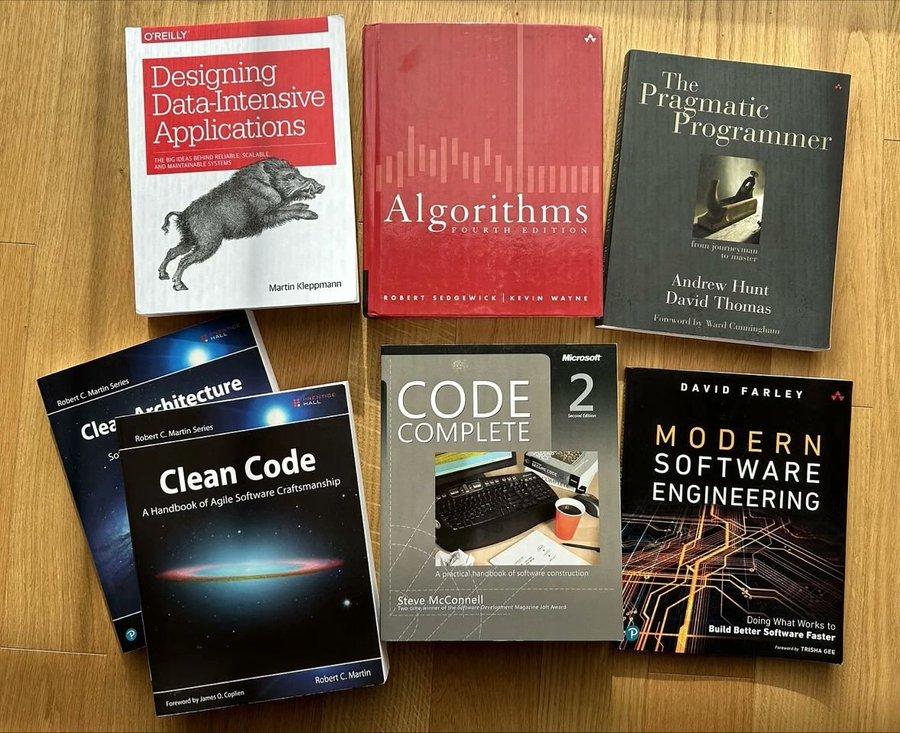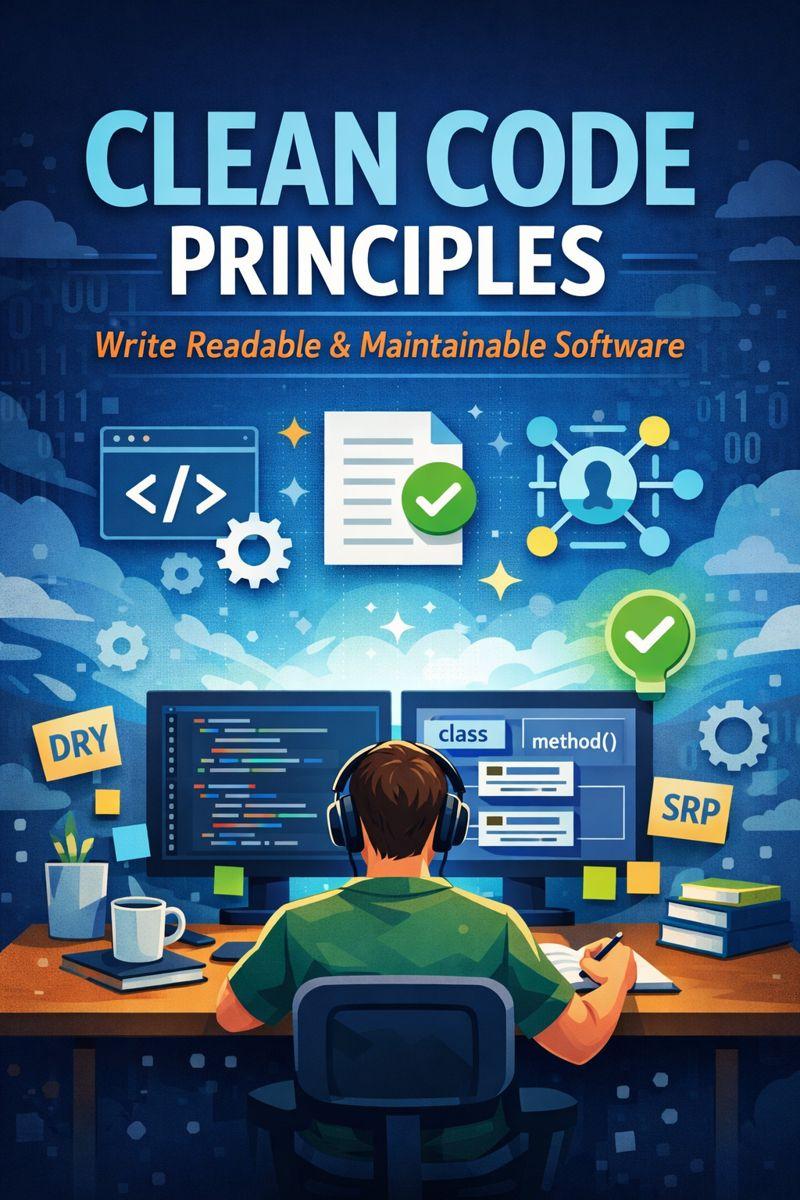As developers, we love to learn new things and try them out right away. This "new stuff" usually includes frameworks and tools like React, Angular, and Spring. However, these technologies often have a short lifespan, lasting two to five years at their best. Instead of chasing the latest frameworks—which are needed to some extent—we should focus more on learning the underlying fundamentals.
Learning the fundamentals of software development allows you to understand the core principles and concepts that are universal across different frameworks and programming languages. This deep understanding gives you more flexibility and adaptability when you're working with new technologies or facing problems that a specific framework might not easily solve.
A strong grasp of the fundamentals also leads to a more efficient and effective use of frameworks. You'll be able to better understand how to customize and extend them to meet specific needs, rather than just using them out of the box.
For example, consider an application's login system. A junior developer might use a popular framework's built-in authentication library, which handles everything from user registration to password hashing. This works perfectly fine for most cases. However, if a security vulnerability is discovered in that framework's library, or if the business requires a custom authentication flow—such as two-factor authentication via a separate service—the developer who only knows how to use the framework's 'black box' will be stuck. A developer with a strong understanding of fundamentals, however, knows how hashing algorithms work, how session tokens are managed, and how to securely interact with external APIs. They can fix the vulnerability, implement the custom logic from scratch, or even switch to a different library without missing a beat, because they understand the core principles behind the feature, not just the framework's implementation of it.
So, what fundamentals should you learn? Focus on these key areas:
- Algorithms & Data Structures
- Clean Code
- Design Patterns
- Distributed Computing Patterns
- Testing
- System Design
To master these concepts, I recommend reading these timeless books:
- Clean Code: A practical guide on writing code that's easy to read, maintain, and understand.
- The Pragmatic Programmer: This classic offers a collection of tips and best practices for improving the development process.
- Code Complete: A comprehensive guide on the art and science of software construction, from design to debugging.
- Design Patterns: Elements of Reusable Object-Oriented Software: The definitive catalog of design patterns for solving common software problems.
- Introduction to Algorithms: A classic textbook that provides a broad and deep overview of algorithms and data structures.
This shift in focus will help you build a more robust and adaptable career, making you a stronger, more versatile developer in the long run.
Leave a comment
Your email address will not be published. Required fields are marked *



